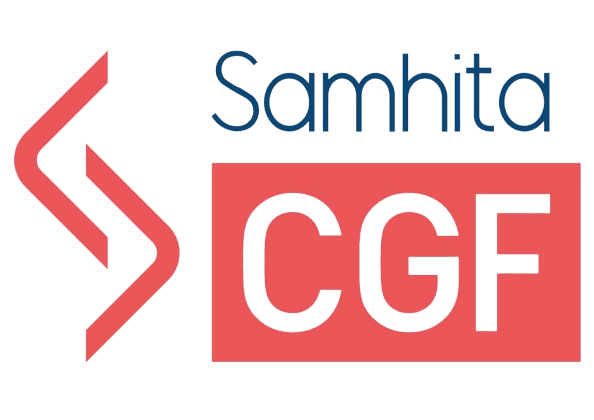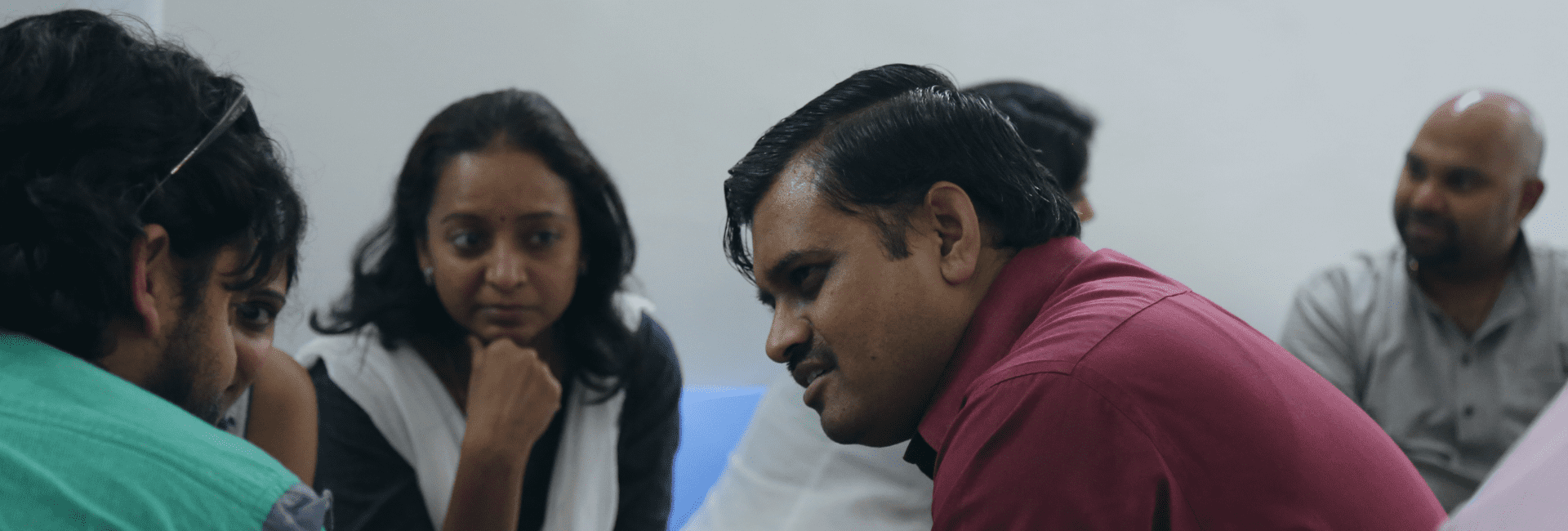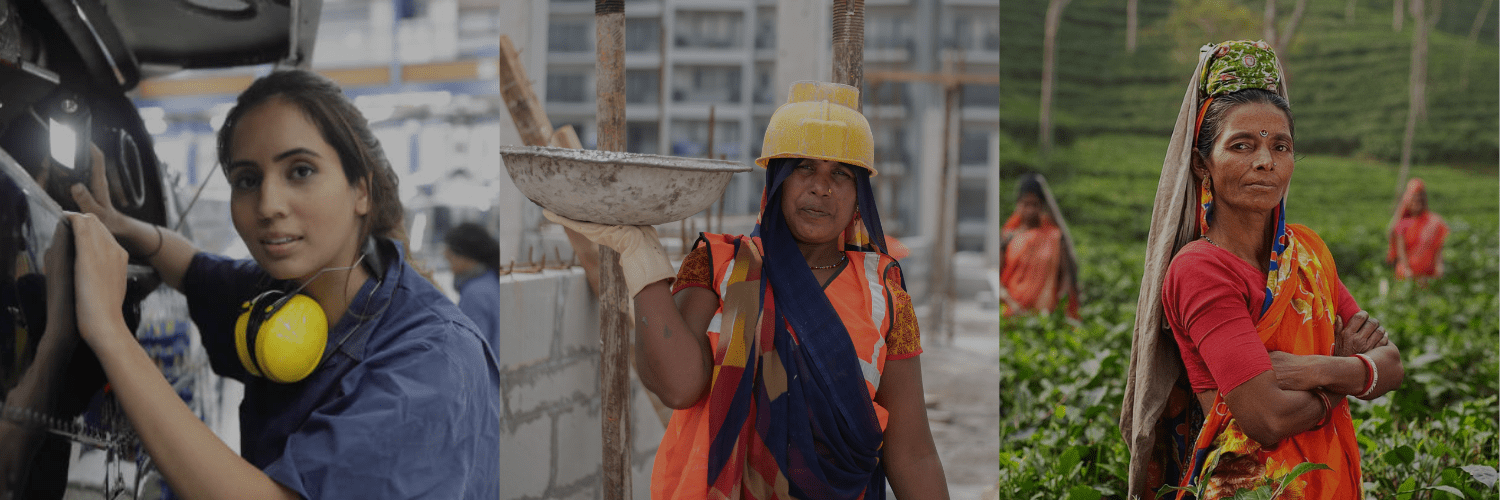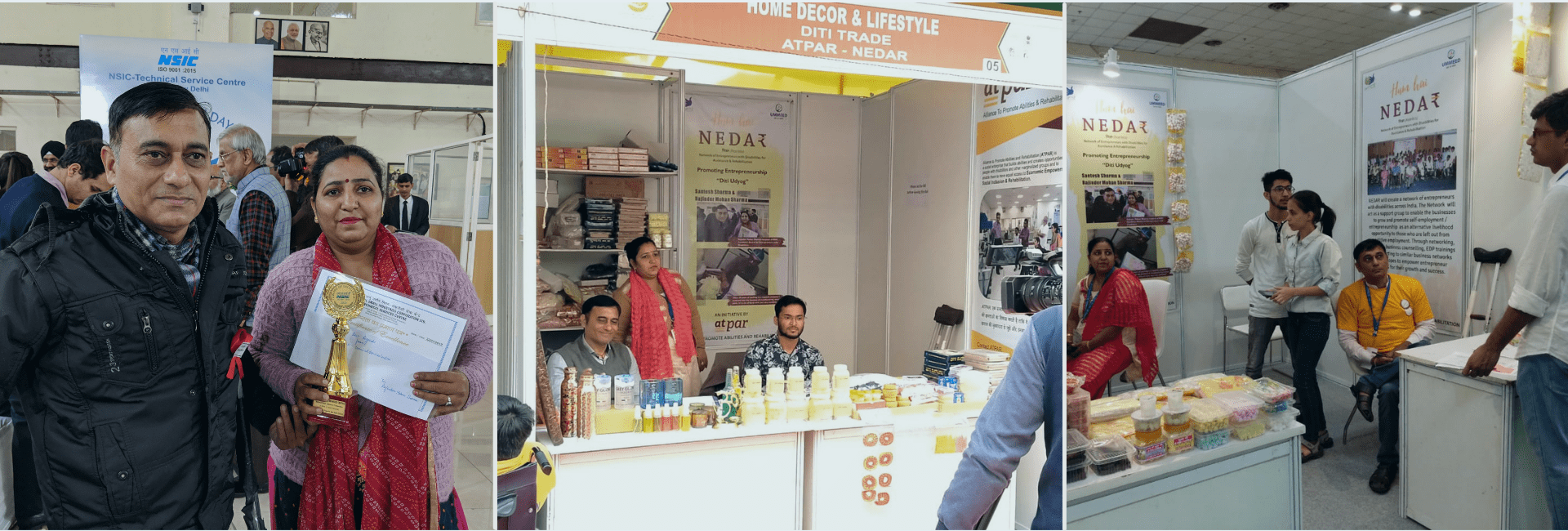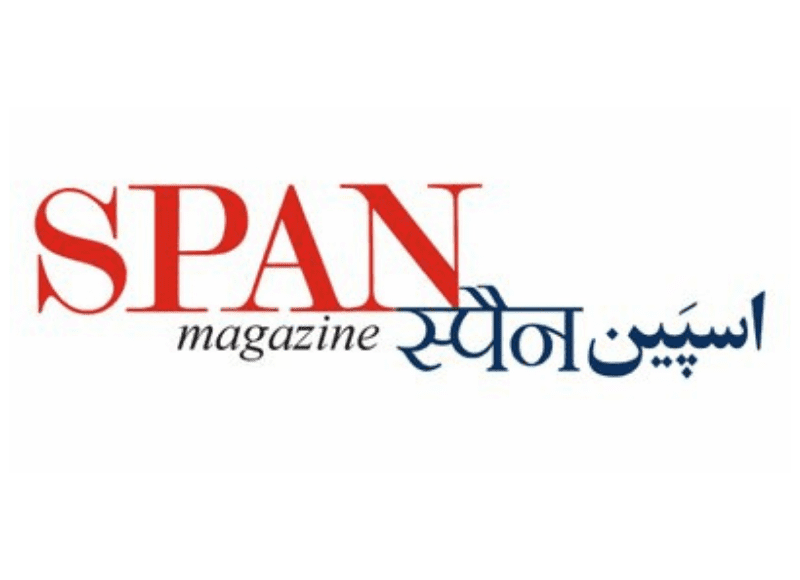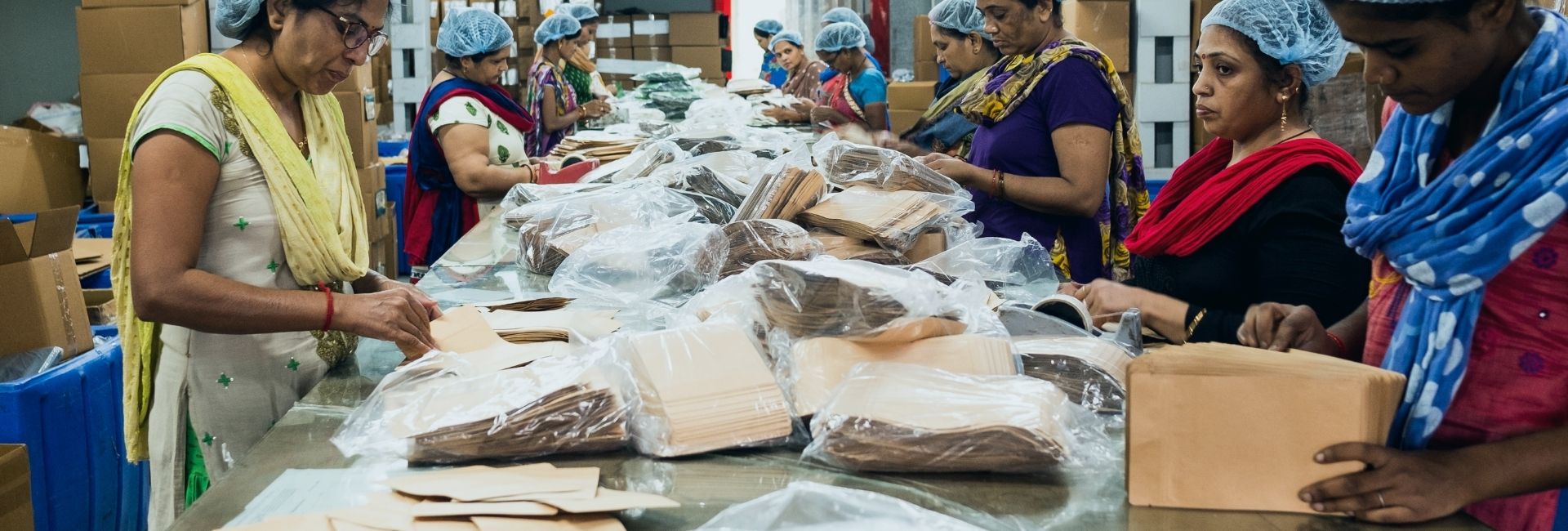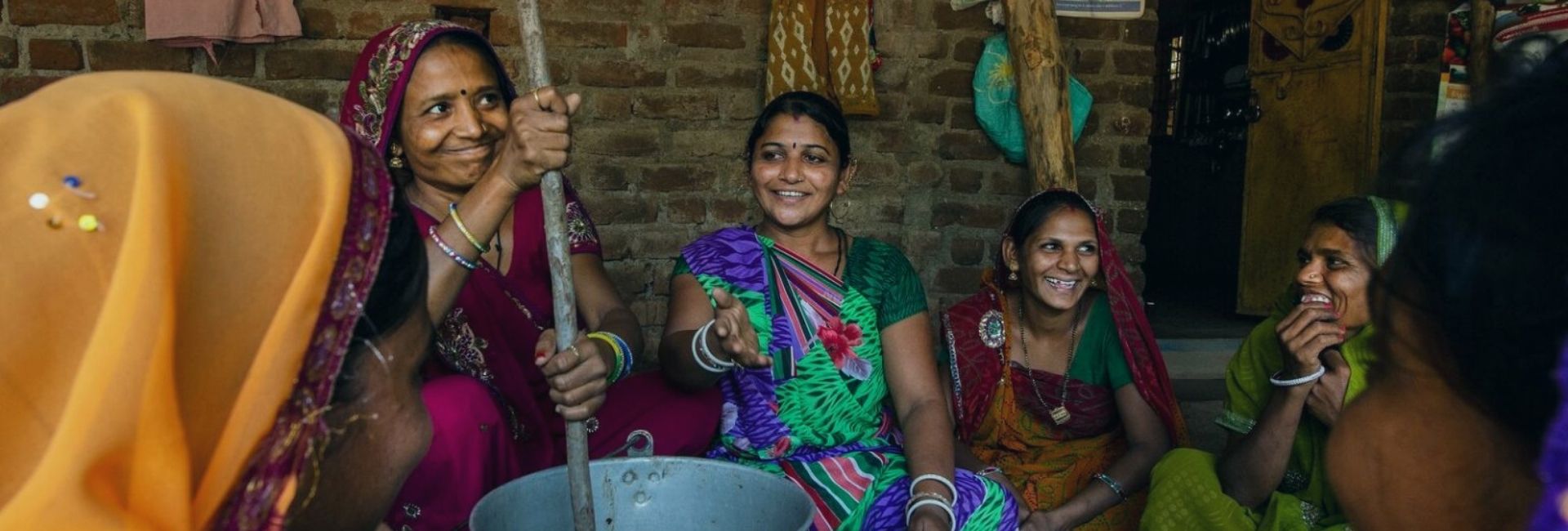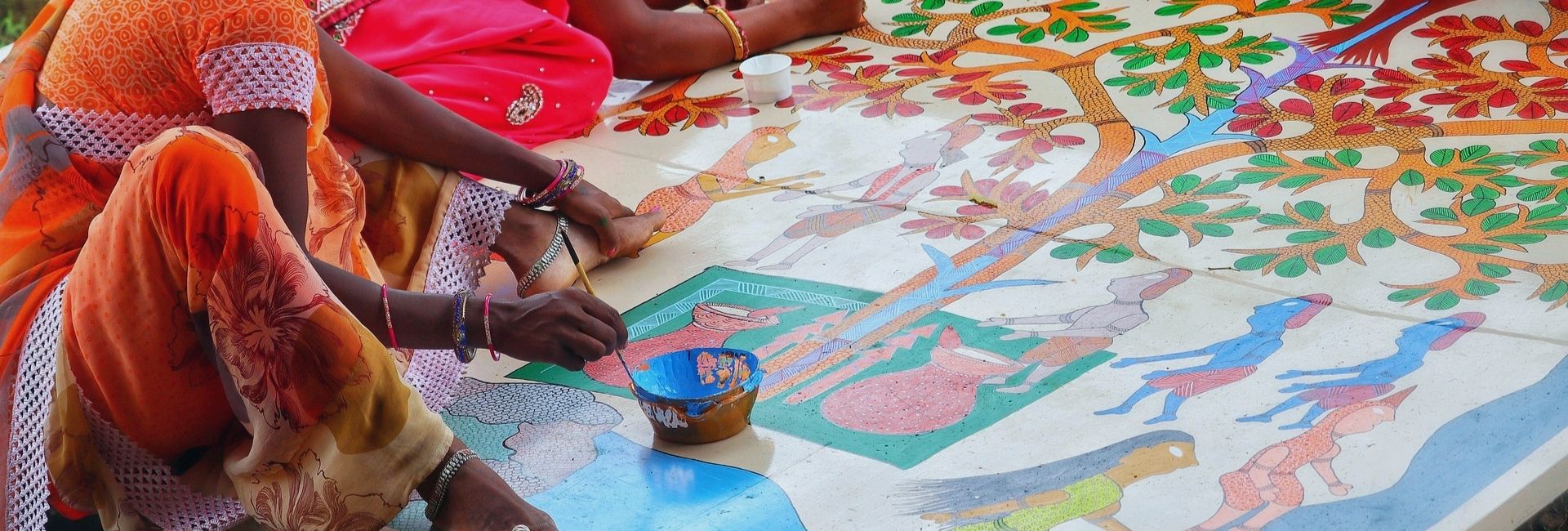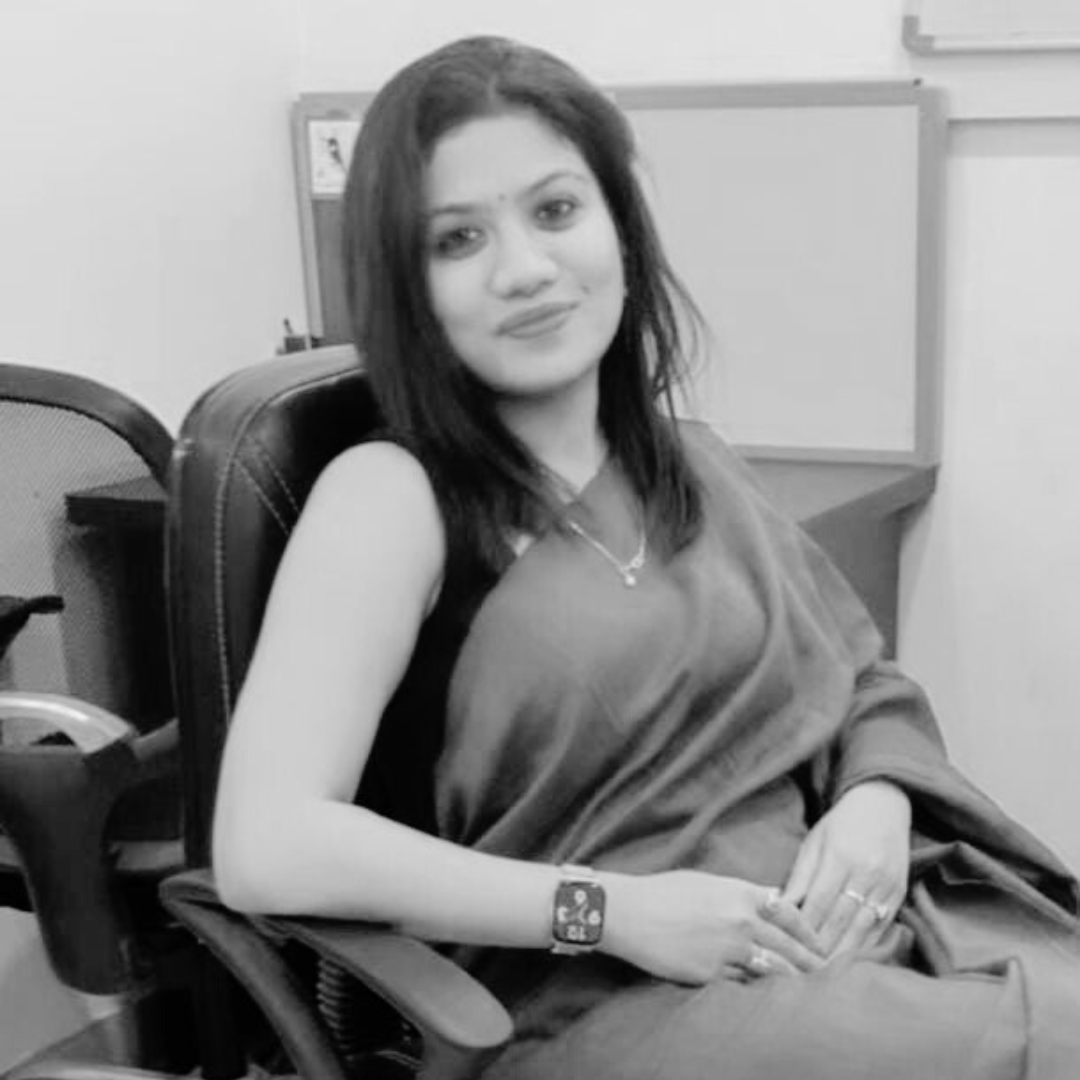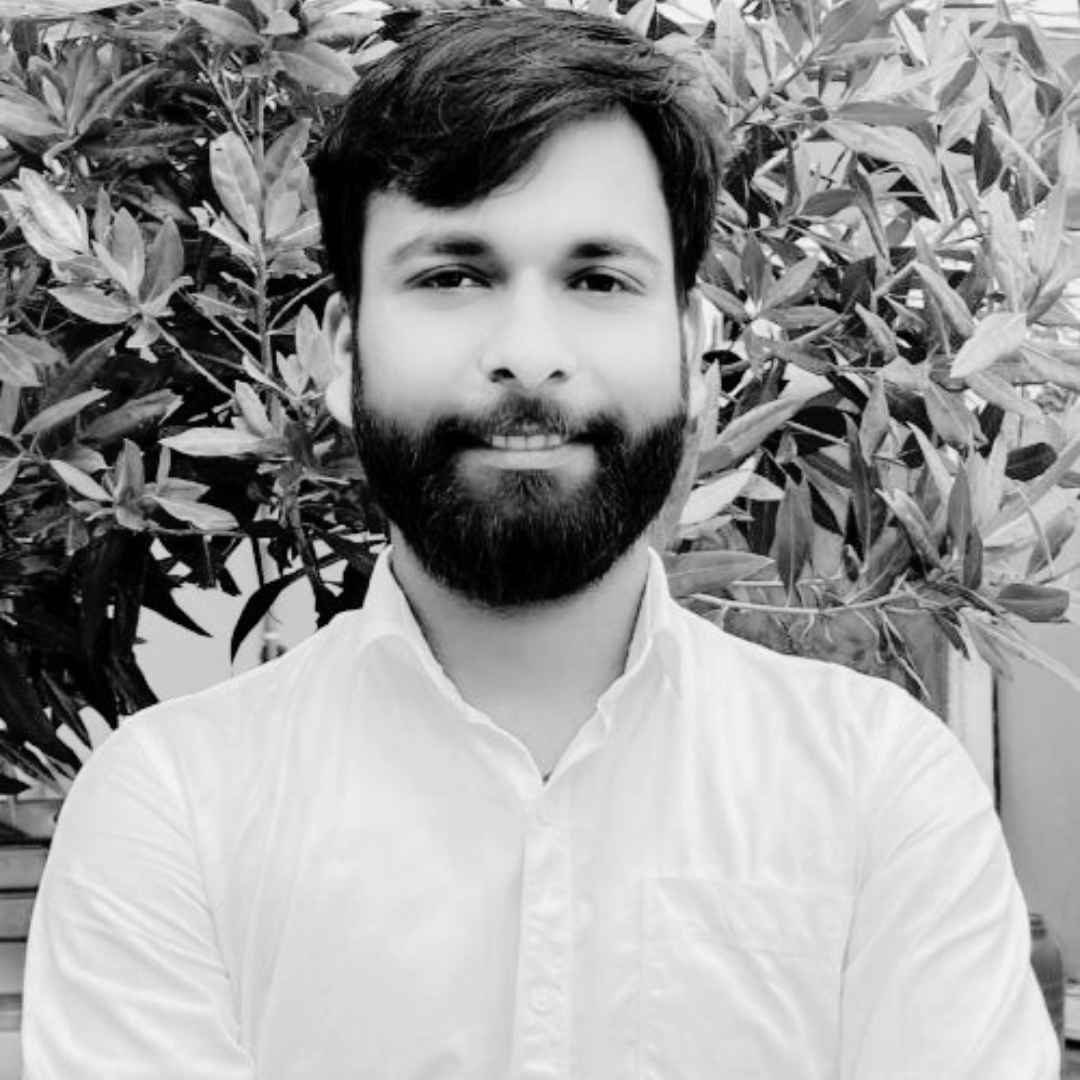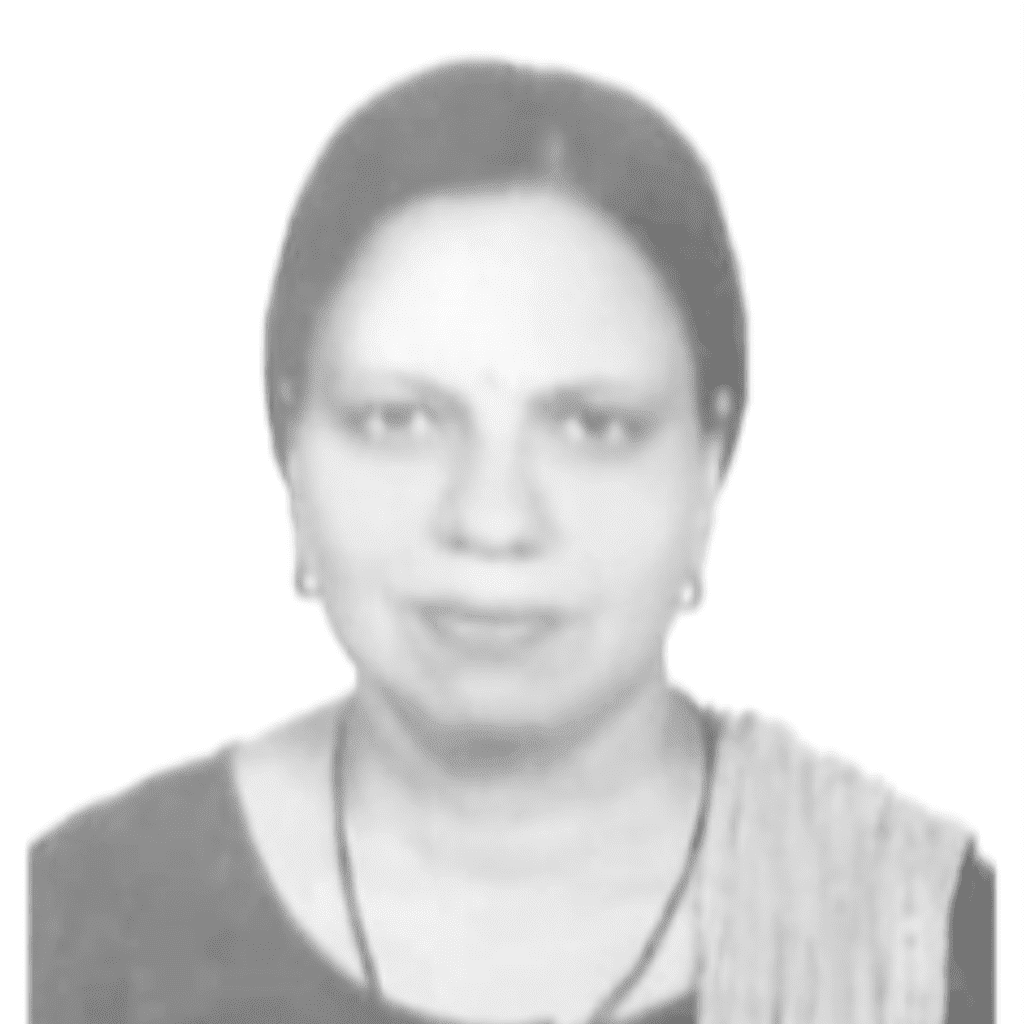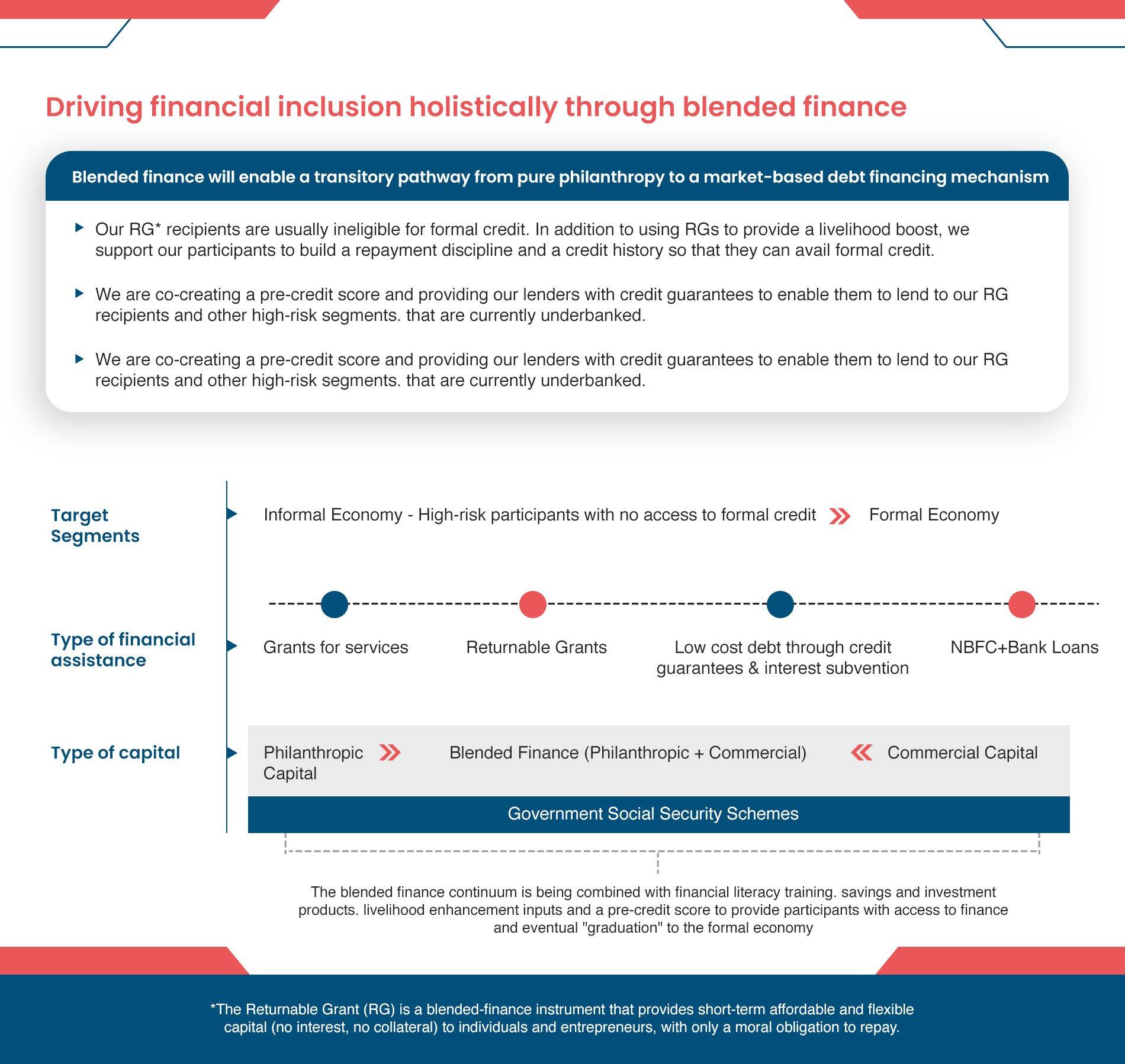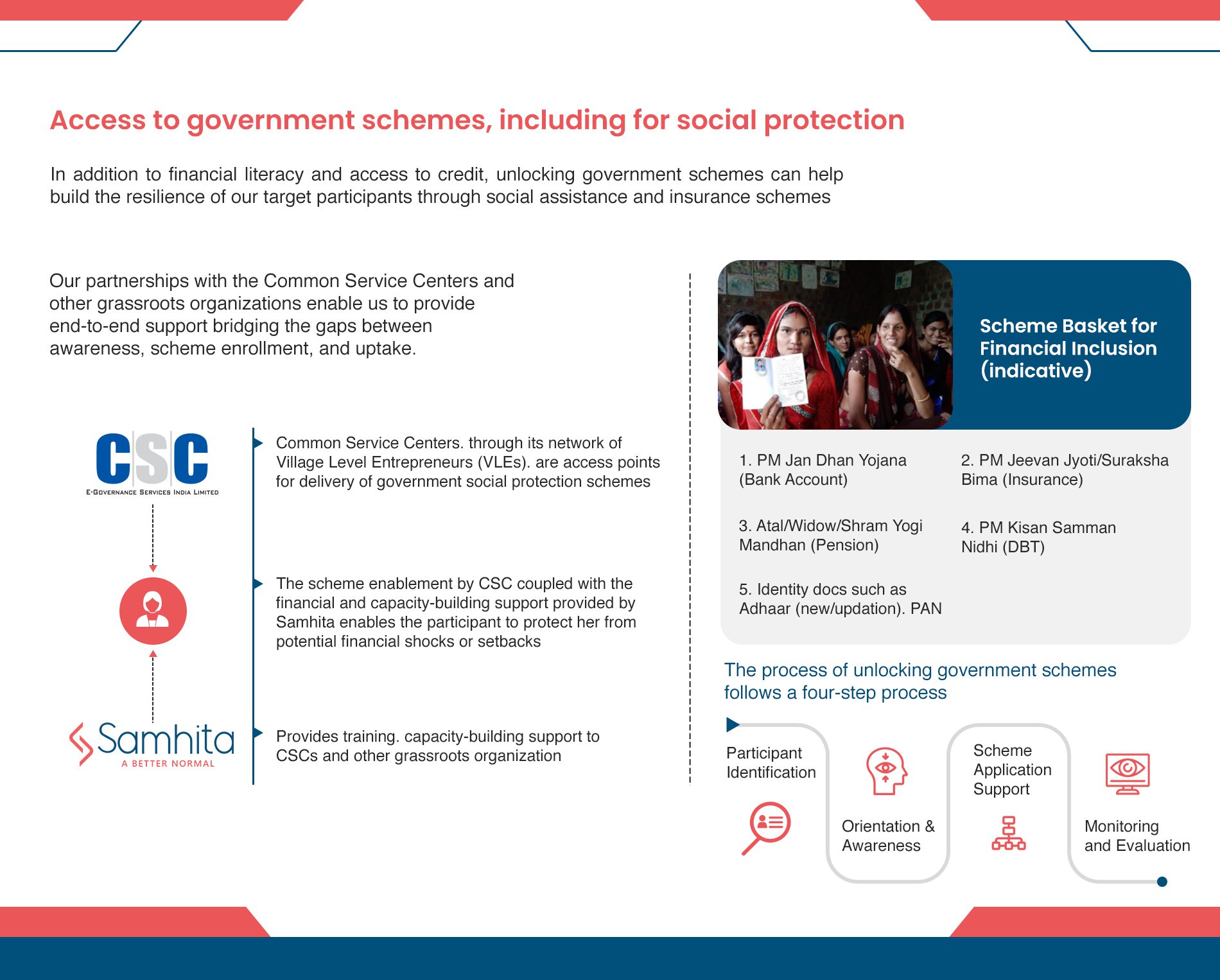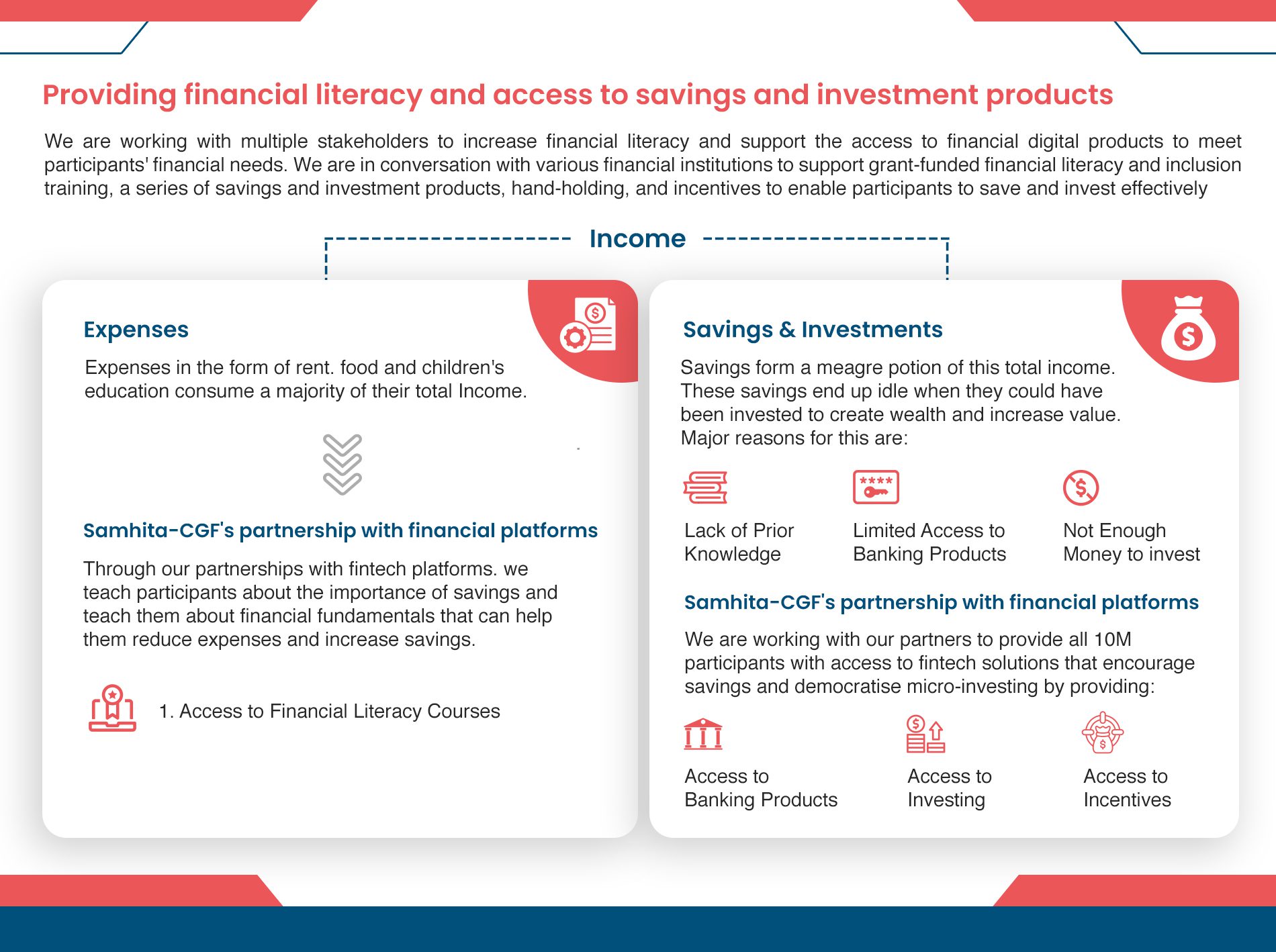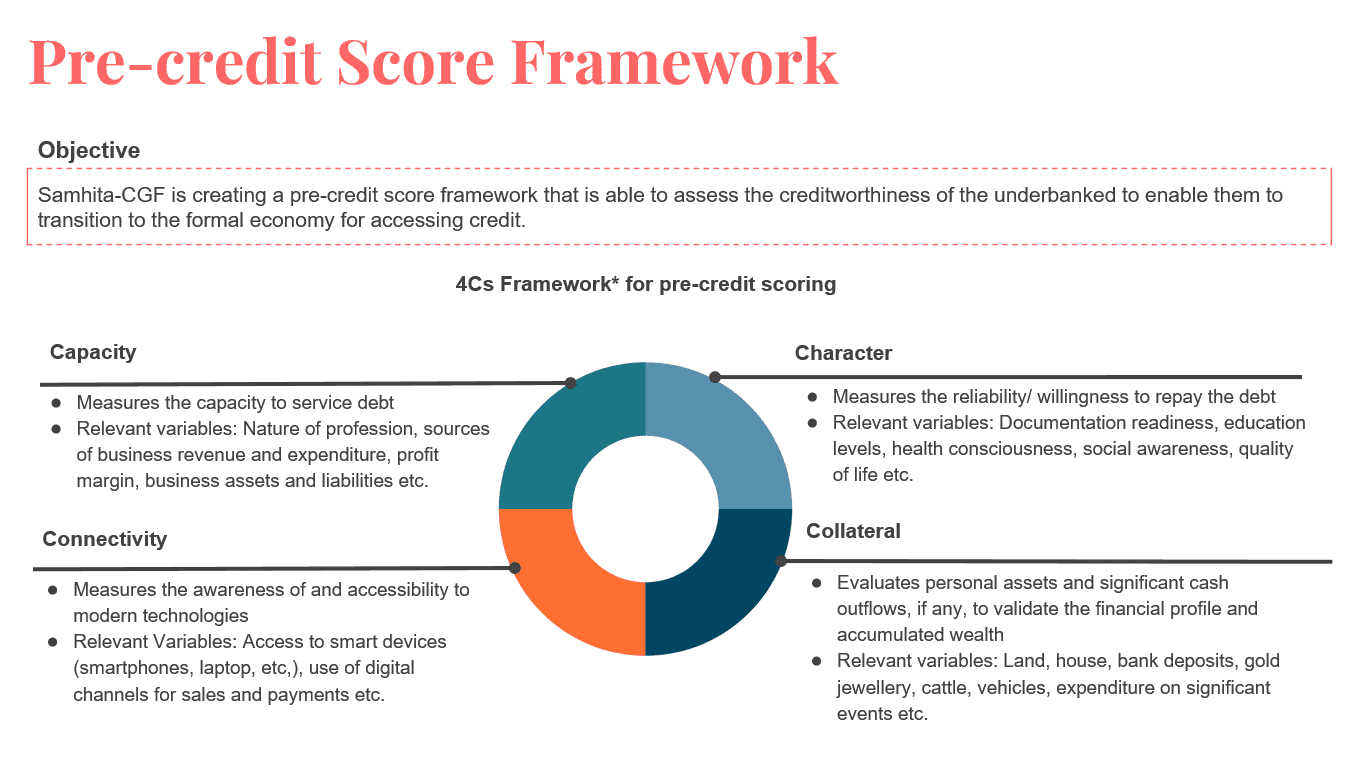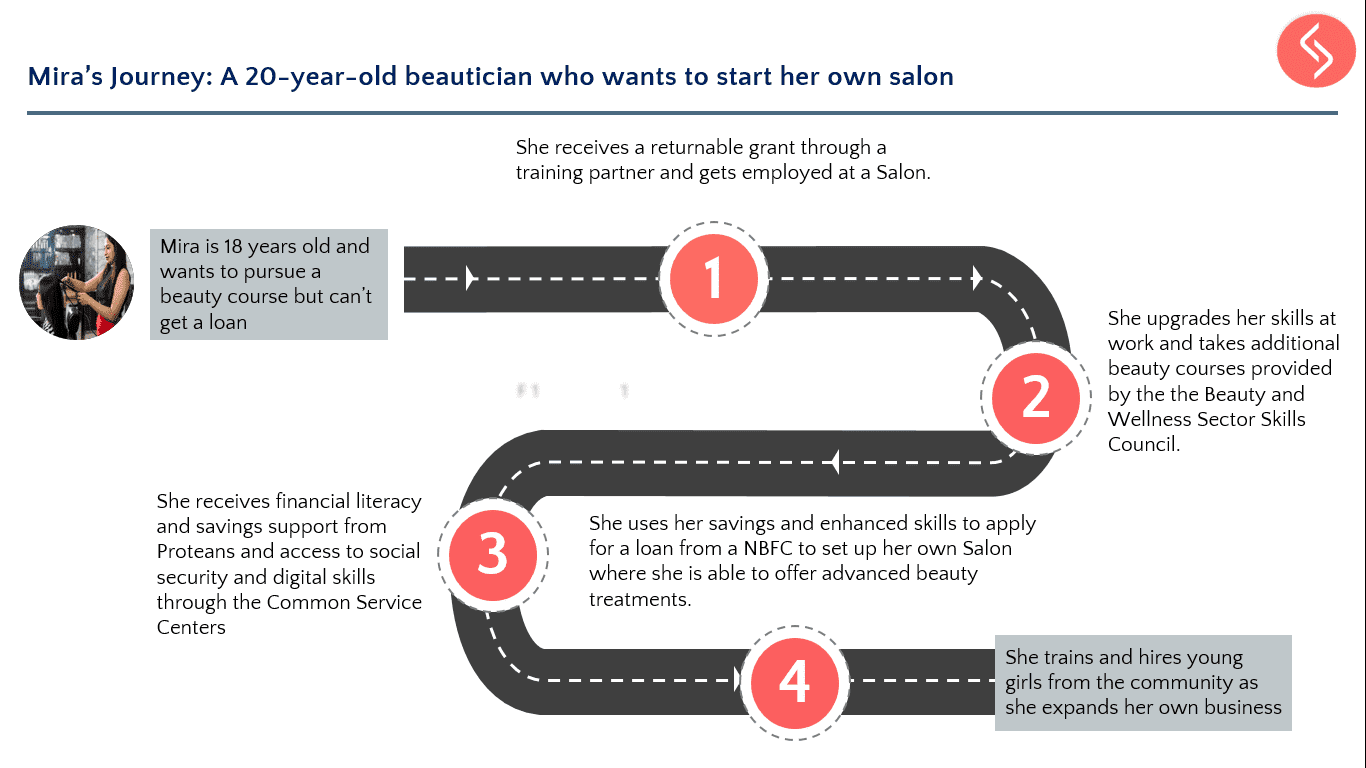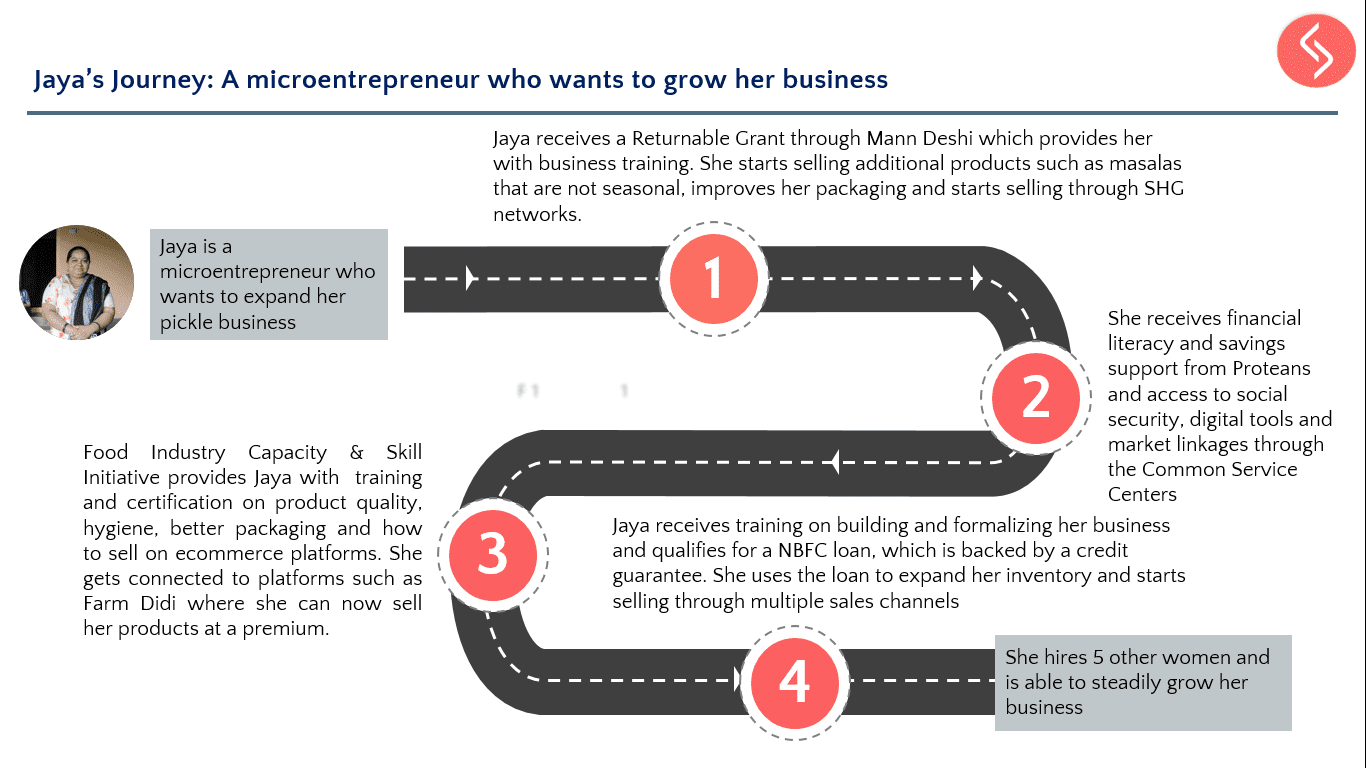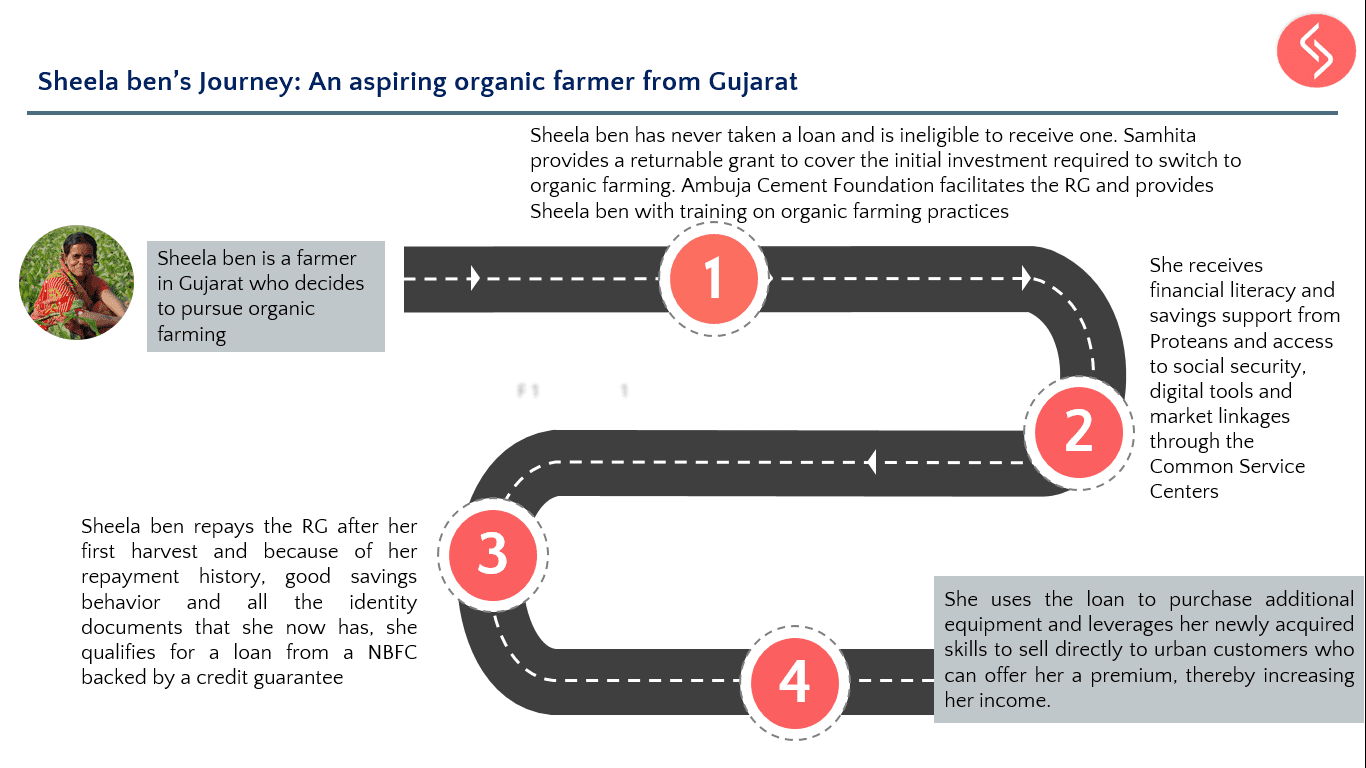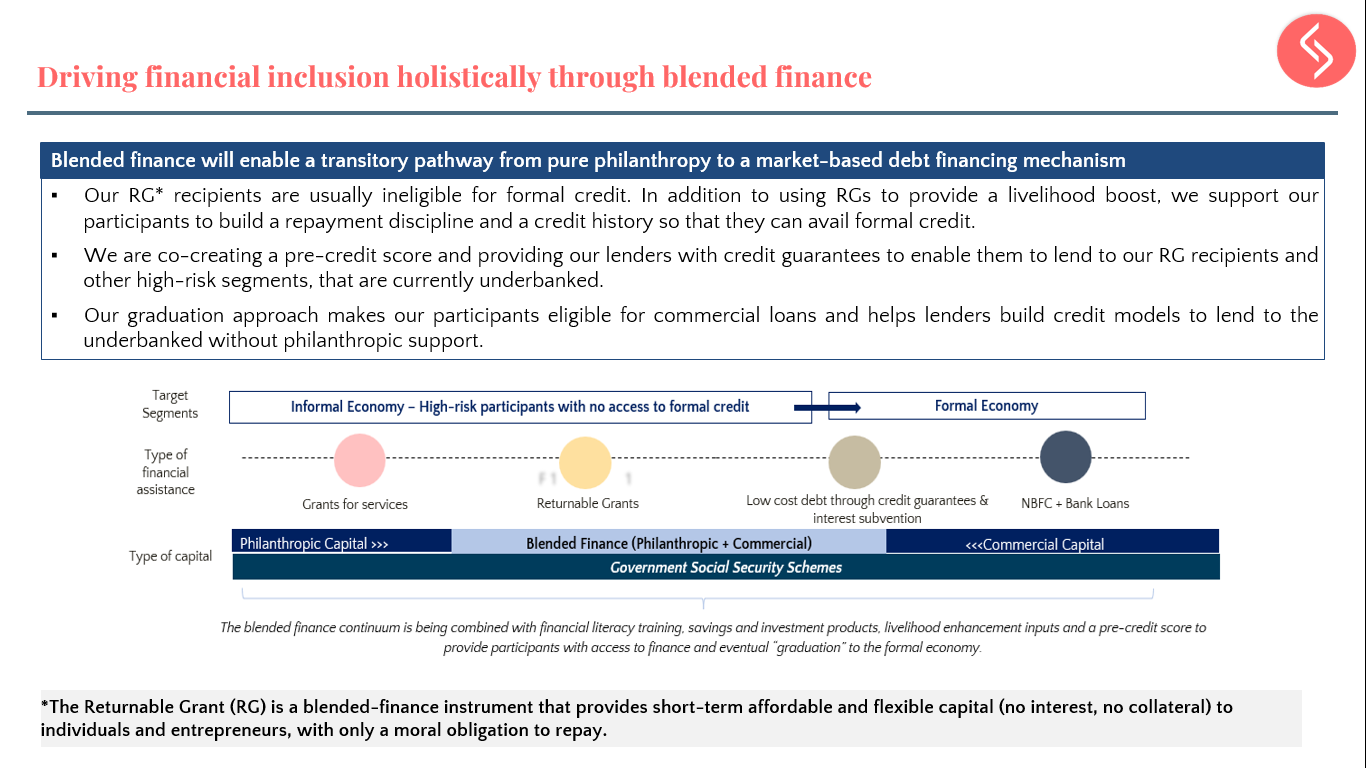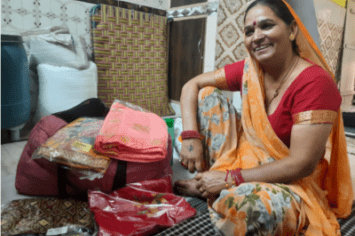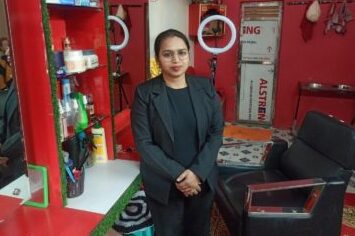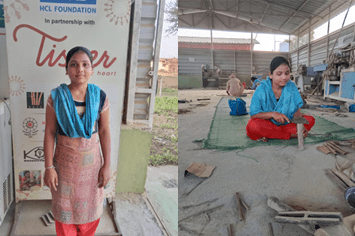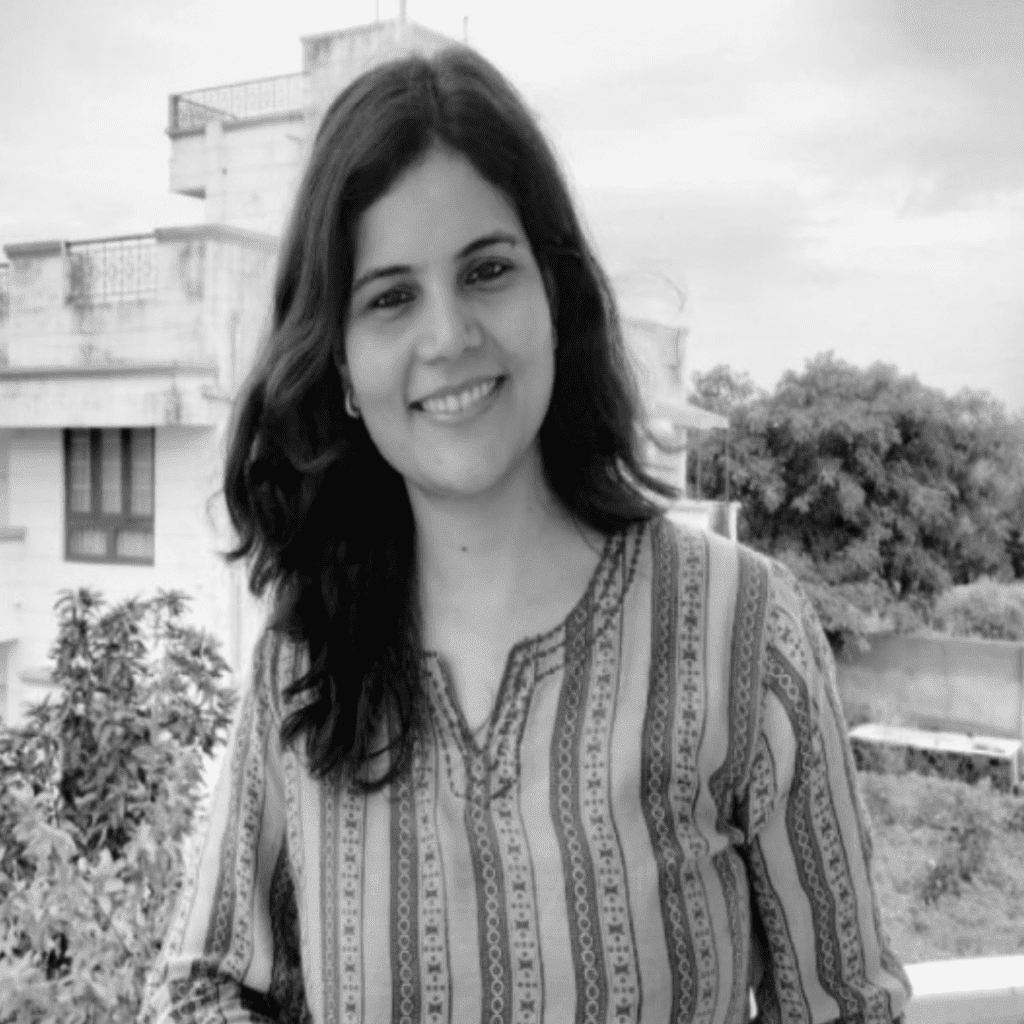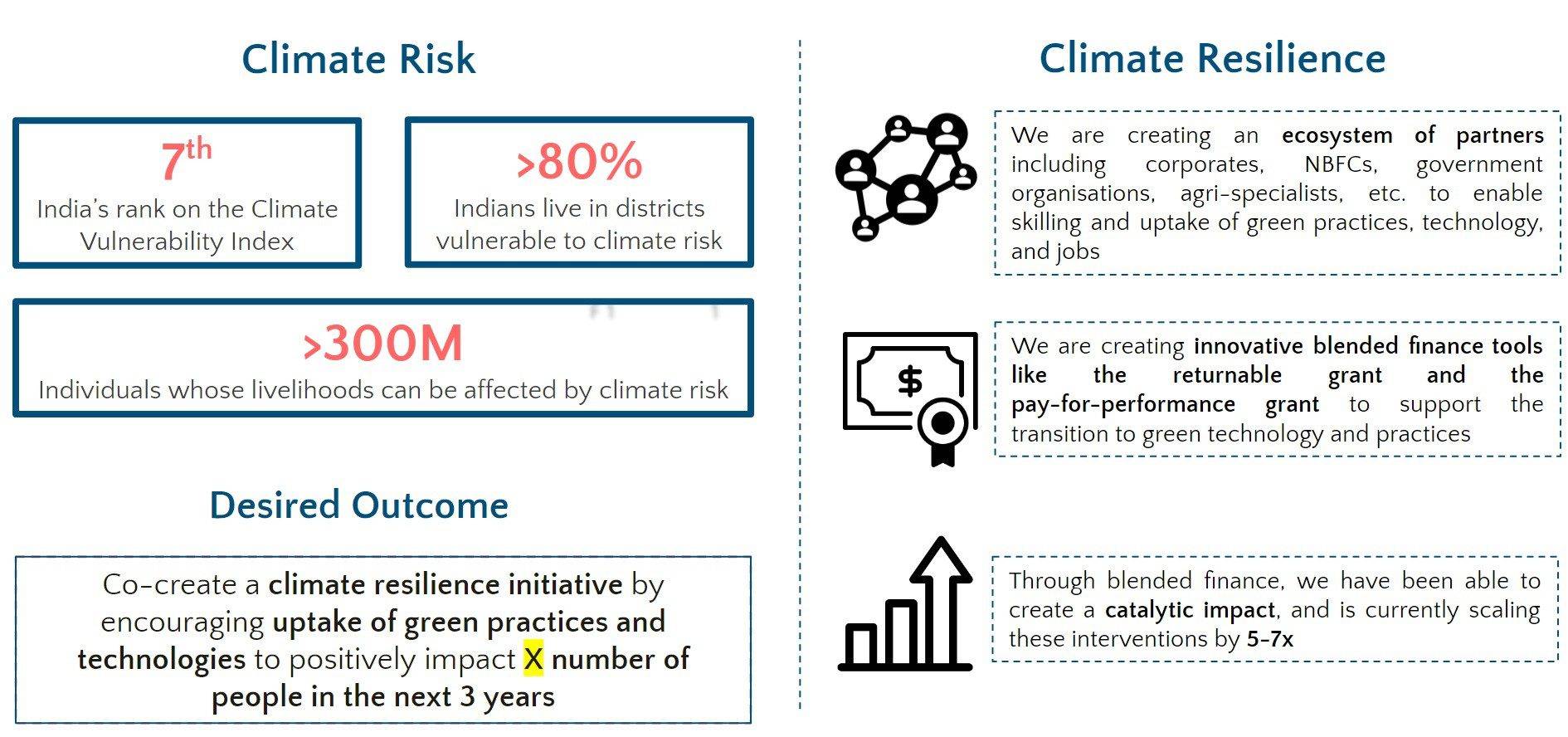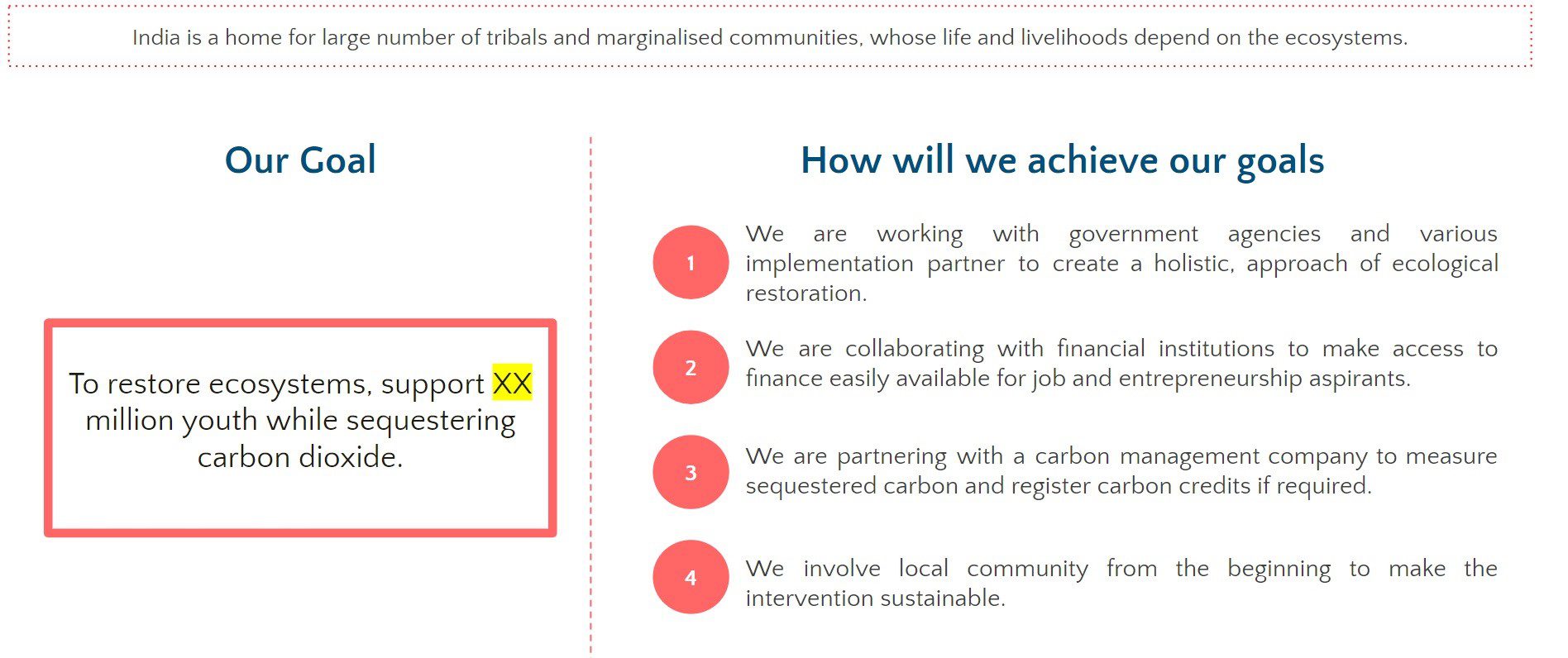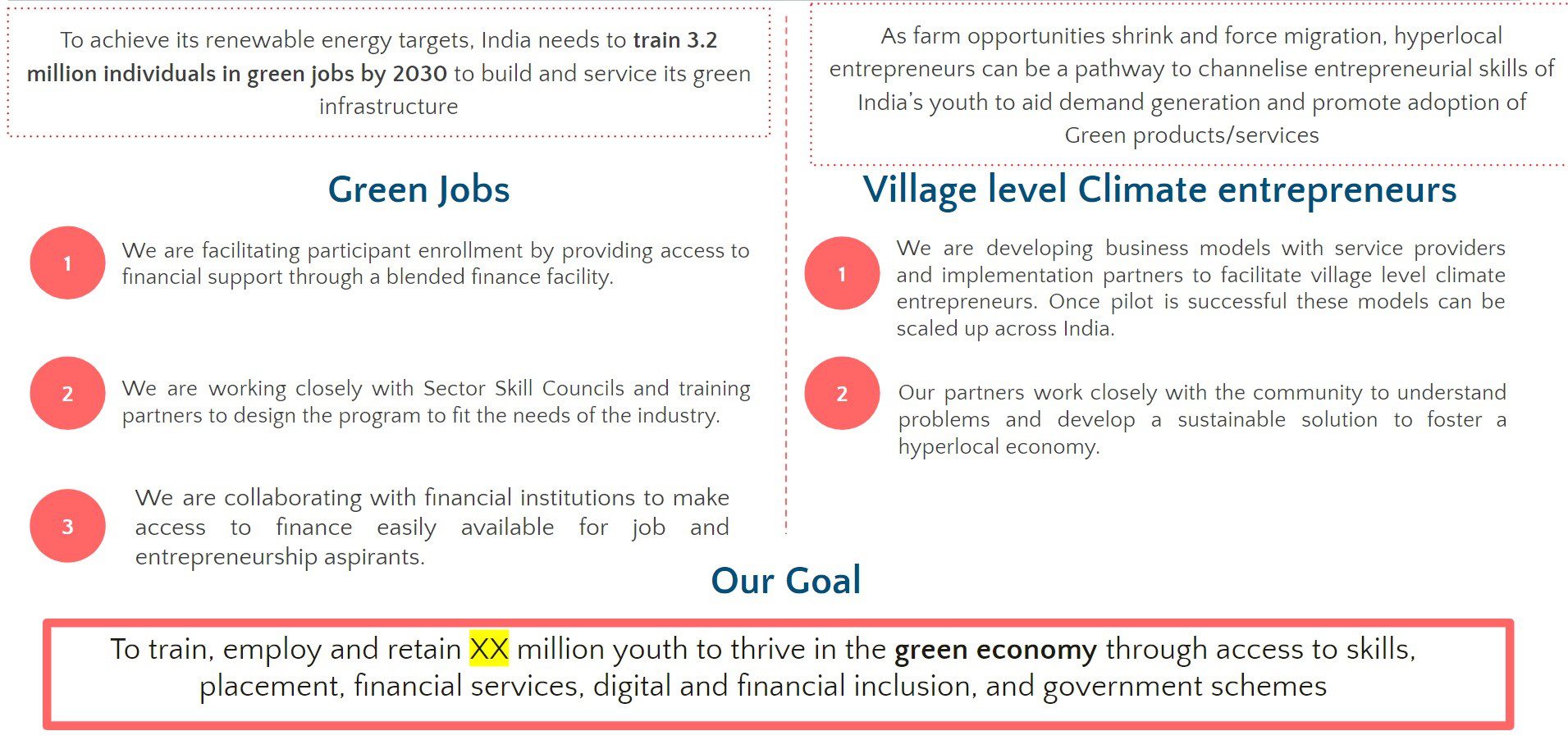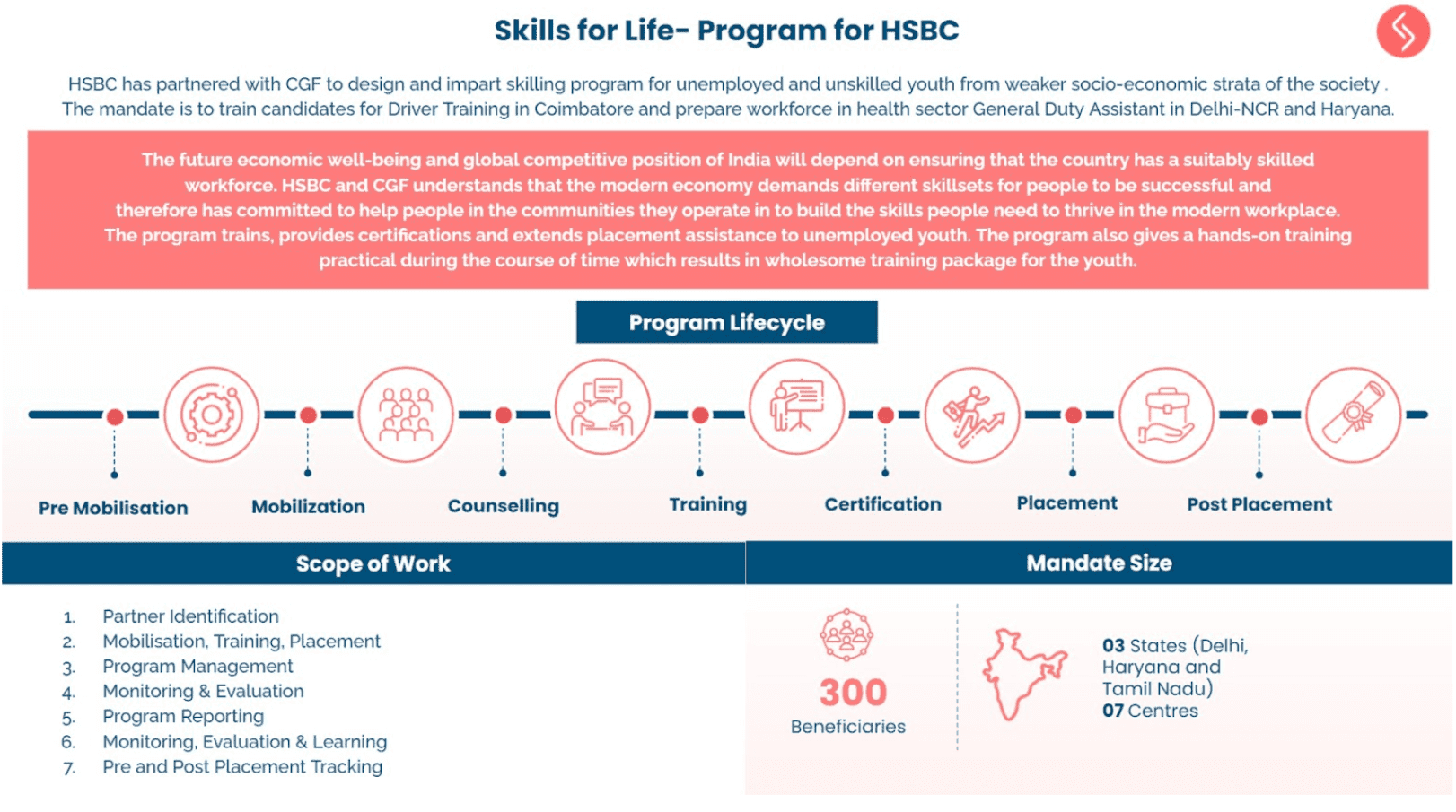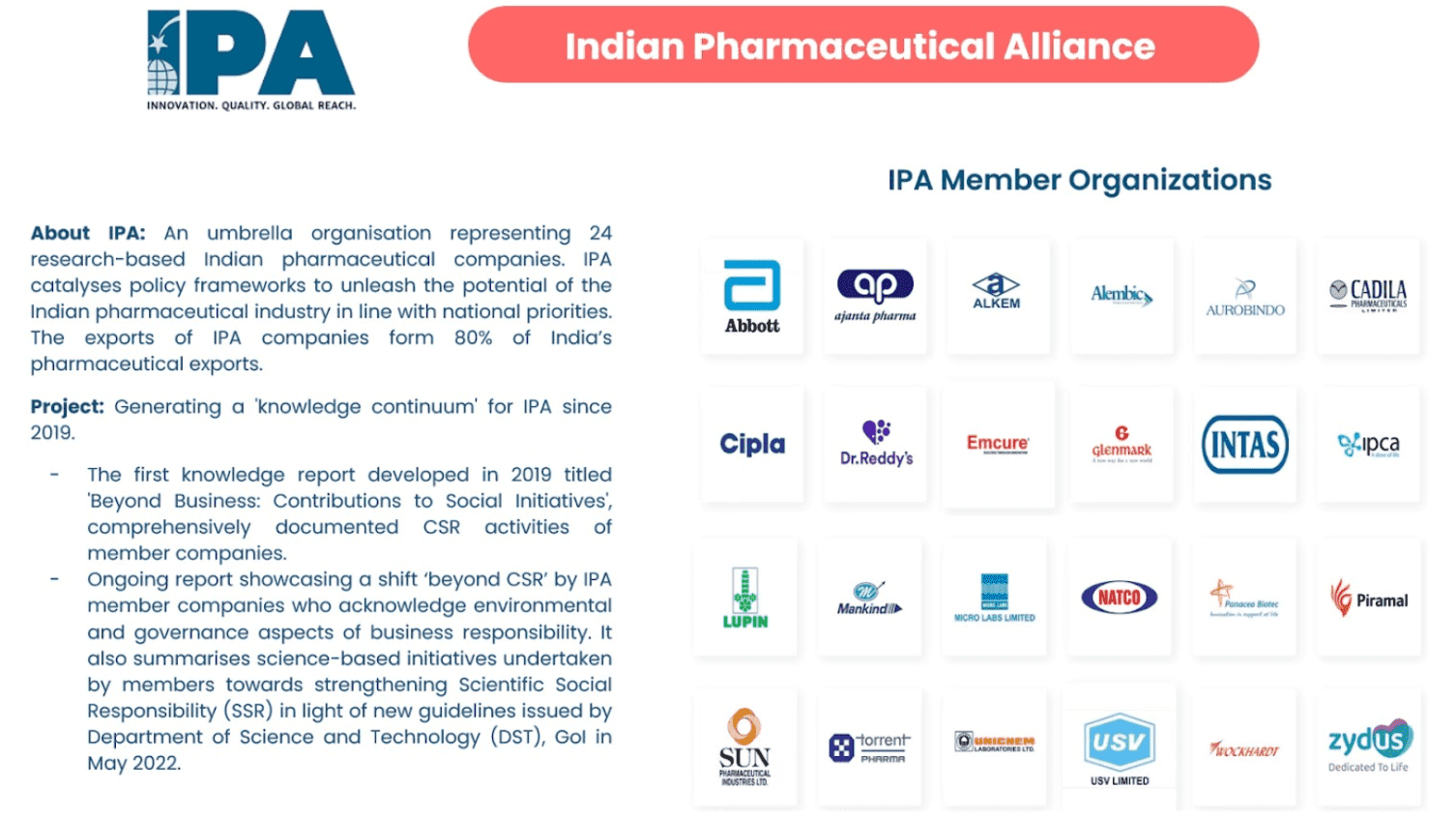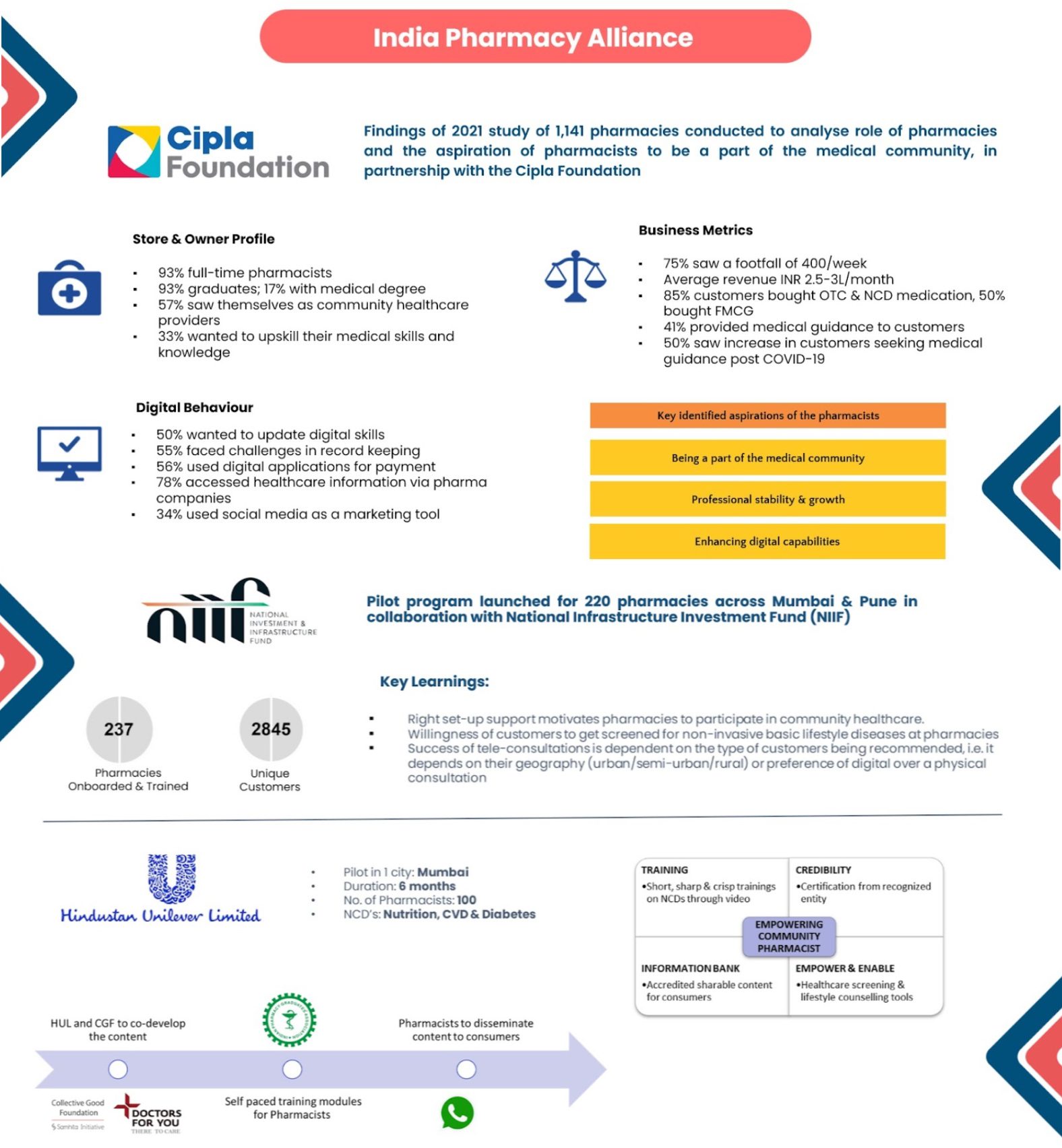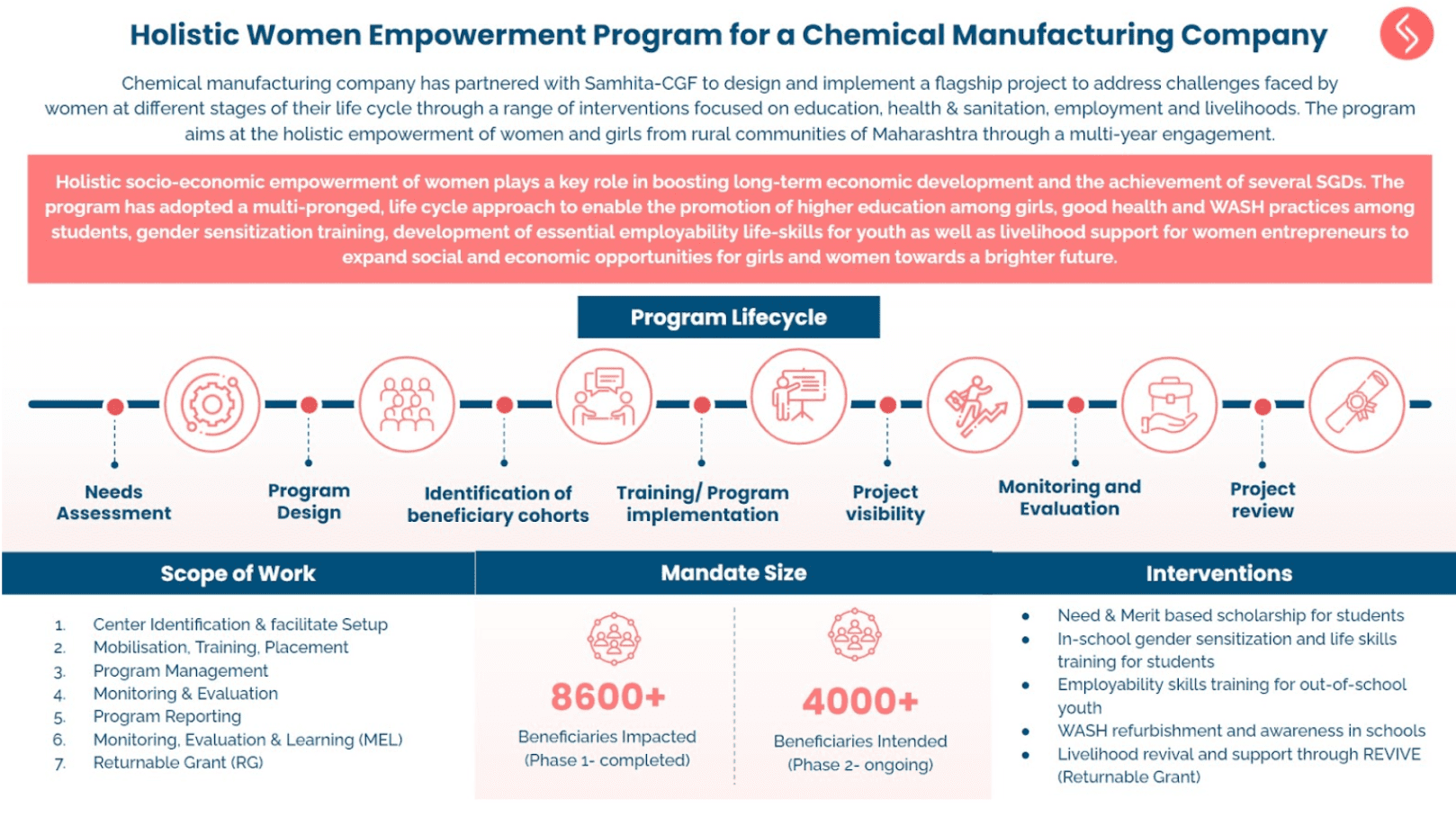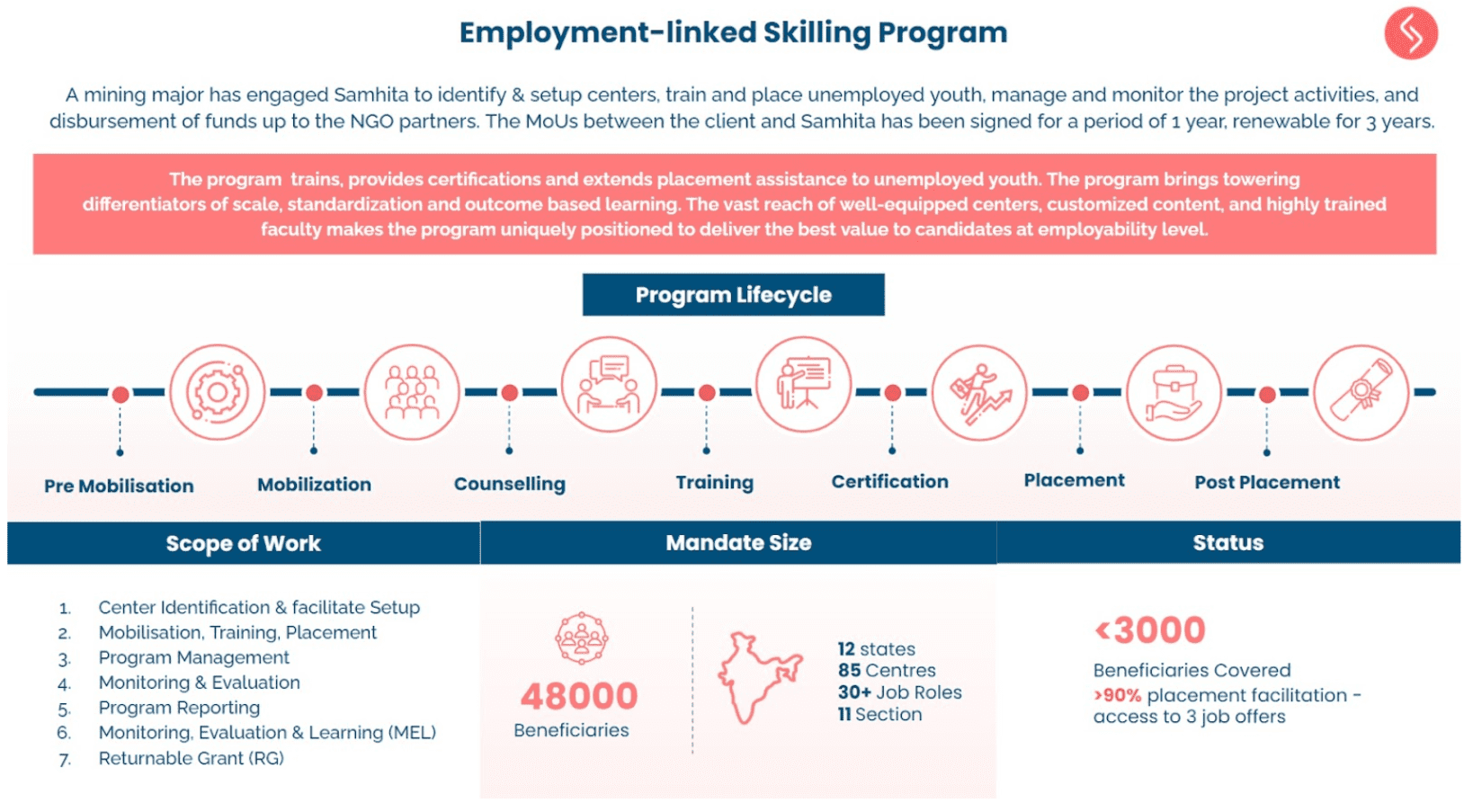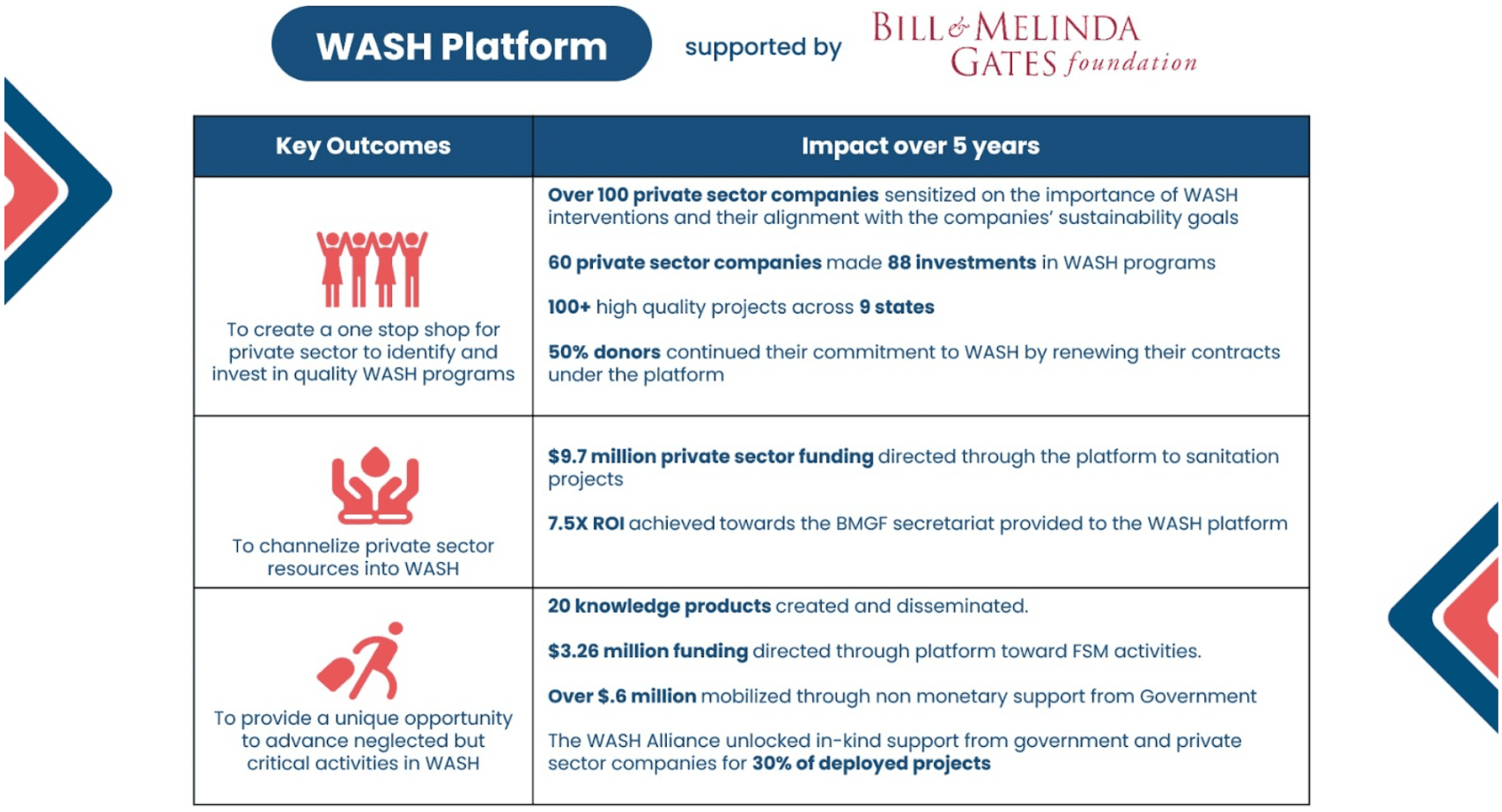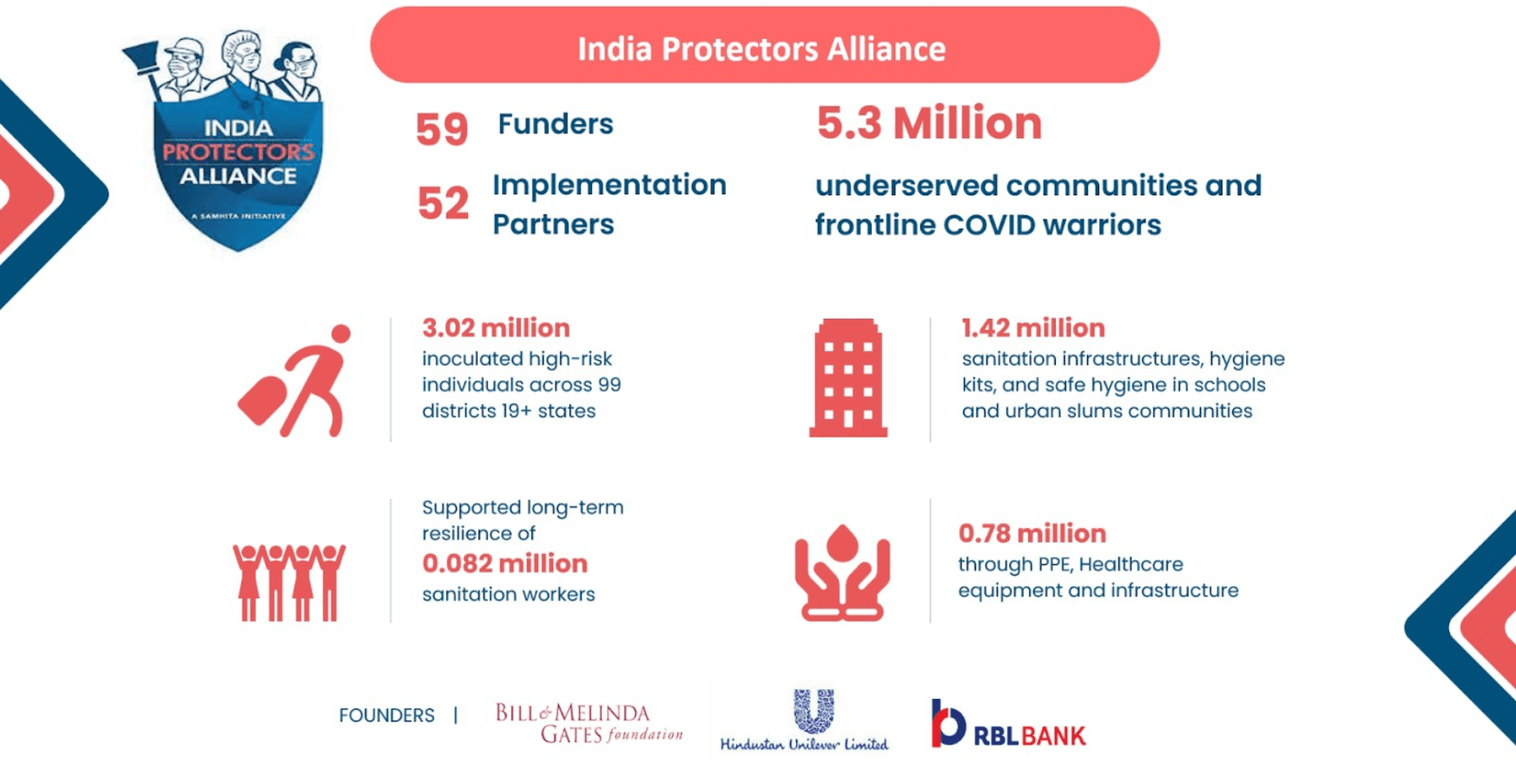Update to Indian NGO Bright Spots Report reveals important lessons learned for fundraising during the pandemic
Much has changed since we published this report on best practices in fundraising from individuals in 2020. The pandemic has upended traditional methods of engaging donors, making it difficult if not impossible to meet in person (which is one of the most effective ways of asking for money). The past two years have been very tough on India’s nonprofit sector to say the least.
What has it been like to fundraise during a global pandemic?
What’s been different, what has stayed the same, and what will endure once this is all over?
We checked back with our Fundraising ‘Bright Spot’ organizations to see how they have fared. Interestingly enough, this challenging period of lockdowns and shifts in philanthropy towards pandemic response has made these exemplary NGOs more creative and resilient in their fundraising efforts. There is still much to learn from their example!
We have updated our 2020 report with new information about how to go about diversifying your funding and building your base of donors in a post-pandemic (or COVID-19 endemic) world. We’ve even added a new Guiding Principle that you can use to leverage the latest technology to acquire new givers. Please take a look at the update, and feel free to share any information that you think would be helpful as well. There is much to learn from each other!
Wishing you great success in your fundraising journey!
Morry Rao�Herm�n, MPA
Director of Philanthropy,�UC Berkeley�
Fulbright-Nehru US Senior Scholar to India 2020-2023�
Academic and Professional Excellence Award
email:�morryhermon@berkeley.edu
P.S. If you’re in the Mumbai area, please join me on Monday, April 4th, 2022 at the Mumbai Cricket Association Recreation Club for a free half-day workshop on Fundraising from Individuals in a post-Pandemic World: Lessons from the Field. Come meet the “Bright Spot” organization frontline fundraisers in-person at this masterclass featuring a panel discussion on diaspora fundraising, as well as guest presenters Suman Srivastava on Conveying Impact through Powerful Storytelling, and Noshir Dadrawala on Adhering to Compliance Norms.You won’t want to miss it!
